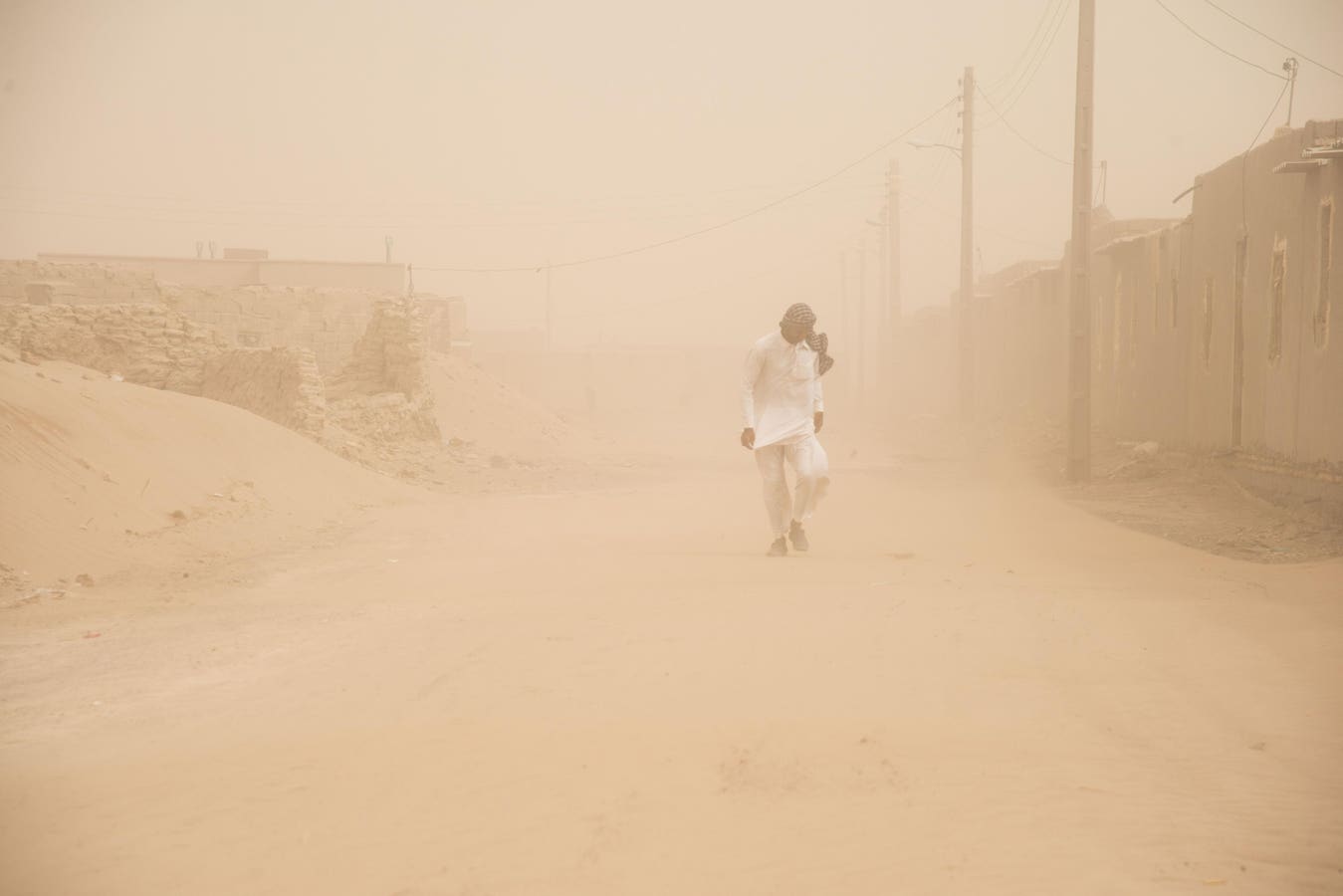Summer is a time for road trips
From winding coastlines, lush national parks, to beautiful views on the mountain side road trips offer one of the most immersive ways to explore the world around us. American Automobile Association projects a record 61.6 million North Americans will take road trips this year, a 2.2% increase from last year, signaling a growing love for domestic, self-guided travel. Fortunately, the freedom of the open road doesn’t have to come at the planet’s expense. With a few mindful choices, you can chart a course that’s low-impact, high-reward and still full of adventure.
1. Plan Smart, Drive Less
A well-planned route can significantly reduce unnecessary driving. Use route-optimization tools like Google Maps or Waze to help you to plan your trips. This is essential as mapping your route helps to prevent backtracking and congested routes. As a result, you not only cut fuel consumption but also reduce travel stress. According to transportation analytics firm INRIX, the average U.S. driver lost 43 hours to traffic congestion in 2024, an increase of one hour from the previous year, based on findings from its 2024 Global Traffic Scorecard, which analyzed peak travel times over a 22-month period. Even a fraction of those hours could be saved with better planning. Once you have mapped your stops, try to cluster activities geographically so you are not doubling back, wasting time and gas by zigzagging between locations.
2. Prep Your Car for Peak Efficiency
One of the first things you should do before setting off, is give your vehicle a proper check-up. A well-maintained car burns fuel more efficiently and emits fewer pollutants. According to the U.S. Department of Energy, fixing serious maintenance issues, like a faulty oxygen sensor, can improve mileage by up to 40%. For your trip, ensure your tires are inflated, your air filters are clean, and your engine is tuned. It is one of the easiest ways to lower your footprint without changing your travel style. You can find more car tips to ensure better fuel economy in this comprehensive guide.
3. Pack Essentials
Ditch the disposables. Pack a kit with reusable water bottles, cutlery, food containers, and cloth napkins. The World Economic Forum report expressed that of the 40 million tons of plastic waste generated in the U.S. in 2021, only 5% to 6%, or about two million tons was recycled. To reduce your plastic usage on your trip, a simple stainless-steel bottle and a stocked cooler can help you avoid roadside plastic waste, unnecessary food packaging and also help avoid overpriced roadside snacks and packaging waste. Additionally, remember to pack reusable shopping bags, and biodegradable wipes which are also essential for your trip. Another item that is often forgotten is garbage bags for collecting waste along the way, especially when passing through remote areas without public bins. Finally, remember to pack a portable battery pack or car charger which are must haves to keep your phone powered in case of emergencies or when navigating off-grid.
Excited black family packing their car trunk for a trip to the beach.
4. Travel Light and Smart
Every pound counts when it comes to fuel efficiency. Avoid overpacking, and skip bulky roof racks unless absolutely necessary. According to the U.S. Department of Energy, storing items inside your car or trunk instead of on a roof rack can significantly improve fuel efficiency, reducing drag and improving mileage by up to 8% in city driving and as much as 25% on the highway. It is also wise to travel light because carrying around an extra 100 pounds could raise your fuel cost by roughly 3 cents per gallon. Furthermore, streamlined packing also means less unpacking and repacking at each stop, so your trip runs more smoothly overall.
5. Stay Sustainably
If you will be staying overnight on your trip, support accommodations that practice sustainability. Use platforms like EcoHotels.com or the Global Sustainable Tourism Council to find certified green accommodations. If you will be camping, follow Leave No Trace principles which is simply: dispose of waste properly, respect wildlife, and leave natural spaces better than you found them.
6. Support Local, Eat Local
While fast food is convenient while on your road trip, sustainable travel invites you to explore local flavors instead. Seek out farm-to-table restaurants, regional farmers’ markets, or even food trucks that use local ingredients. This not only ensures that you enjoy fresher meals, but also support local farmers and reduce the carbon cost of long-distance food transport. You can still pack homemade snacks and sandwiches, but try to diversify your dining with local gems whenever you stop.
Outdoor farm to table meals.
7. Choose Low-Impact, Locally Led Activities
What is a road trip without fun activities? So plan activities that minimize environmental impact and maximize community benefit. Opt for walking tours, nature hikes or other low-emission experiences. Better yet, hire local eco-guides who are knowledgeable about the land and invested in protecting it. This ensures that your money goes back into the community while deepening your connection to the places you explore.
8. Offset What You Cannot Reduce
Even the most conscious travelers will generate emissions. To mitigate against this, you can consider purchasing verified carbon credits through platforms like Gold Standard, Cool Effect, or Climate Action Reserve. Offsetting 1,000 miles of driving in a gas-powered car can help fund climate solutions like clean cookstove projects or reforestation in underserved regions.
Conclusion
Road trips are an essential summer activity and we can do it sustainably without eliminating fun and adventure. You can elevate it with intention because when you travel consciously, every mile becomes more meaningful. Your trips becomes more than just sightseeing and you become a part of a global movement redefining what it means to explore responsibly. Road trips offer freedom, but with intention, they can also offer environmental responsibility.









